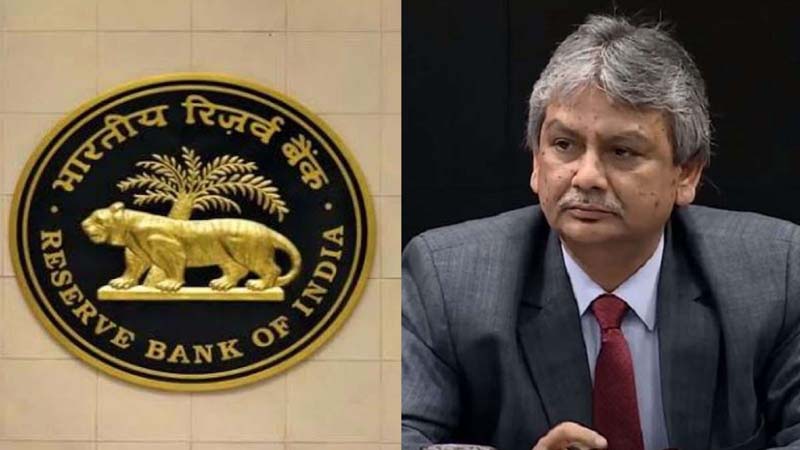The government on Tuesday appointed Michael Debaprata Patra as the deputy governor of the Reserve Bank of India (RBI). The appointment of Patra, who is currently an executive director at the central bank, comes nearly six months after former deputy governor Viral Acharya’s pre-mature resignation.
Patra will serve as the deputy governor for three years from the time of his appointment. The date of Patra’s appointment has not been specified yet.
The Reserve Bank currently has three deputy governors–NS Vishwanathan, BP Kanungo and MK Jain. Patra will be the fourth among the deputy governors. Shaktikanta Das is the governor of RBI.
Acharya had resigned in July 2019, six months before the end of his tenure. Though Acharya had citied unavoidable personal reasons for his resignation, it was widely speculated that he stepped down due to RBI’s spat with the government over various issues such as transfer of surplus reserves to the Centre, norms for classification of non-performing assets and inflation-focused interest rates.
After his speech ‘Ongoing Challenges in Maintaining Independence of the Reserve Bank of India’ in October 2018, Acharya’s exit was widely anticipated. In his speech, Acharya had strongly criticised the government’s interference in the functioning of RBI that deprived the regulator of its independence.
Acharya had emphasised the need for autonomy of central banks to supervise public-sector lenders.
“One important limitation the central bank faces is that it is statutorily limited in undertaking the full scope of actions against public-sector banks (PSBs) – such as asset divestiture, replacement of management and board, license revocation, and resolution actions such as mergers and sales. The apex bank exercises these powers effectively in the case of private banks,” Acharya said.
He had also said the governments that did not respect their central bank’s independence would, sooner or later, incur the wrath of financial markets, ignite economic fire, and come to rue the day they undermined the regulatory institution.
Soon after Acharya’s speech, the then governor Urjit Patel had resigned in December 2018, amid conflicts with the Centre. Patel’s exit triggered fresh concerns over issues between the government and the RBI.

